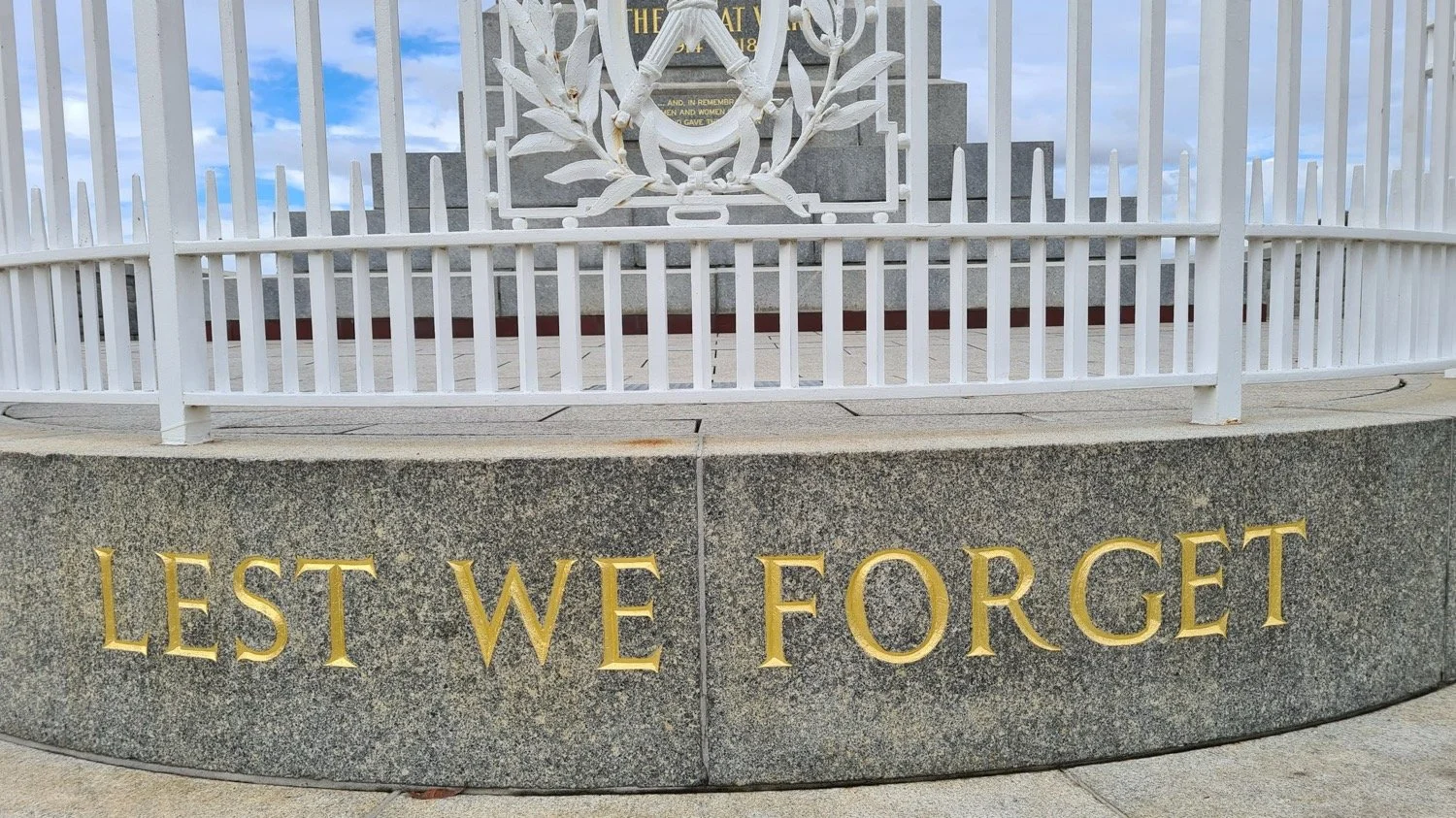It is estimated by the World Health Organization that 1/3 of women worldwide are victims of sexual abuse. A 2017 poll taken by ABC News and the Washington post reports that 54% of American women have reported receiving unwanted and inappropriate sexual advances, most of which is never addressed. The #MeToo movement first got started in 2006 when Tarana Burke used the hashtag in social media to draw attention to the struggle of women of color, particularly in underprivileged communities. However, it really gained steam when the allegations of Harvey Weinstein were first made public in 2017 and it has since spread like wildfire through all sorts of different industries. Hollywood. Media. Corporations. Government. And yes, even the church.
Frankly, the reckoning is long overdue. For too long, the church has protected men who abuse and men who tolerate abuse. High profile cases in the Roman Catholic Church are matched with similar high profile cases in the Protestant world such as the Sovereign Grace scandal or the recent allegations made against Bill Hybels and Willow Creek. In a social media world, there is no longer any place to hide which is a very good thing.
The great heroes of the Bible have their own #MeToo moments. The story of David and Bathsheba is perhaps the most famous. David, flush with his success on the battlefield and drunk on his own power and privilege, decides to stay home rather than head off to war. As he stands on the roof, proudly overlooking all he has accomplished, he catches a glimpse of the beautiful Bathsheba bathing beneath him. He heart fills with lust. He covets this beautiful woman and who’s around to stop him? The army is off at war. Her husband is one of David’s mighty men which suggests David knew Bathsheba already. Perhaps this was a secret desire he’d been entertaining for years. He calls for her. Commands her to come. With her life on the line, she obeys and conceives a child from their one night stand. Now comes the coverup. David sends for Uriah but Uriah refuses to cooperate. So David orchestrates his murder.
It’s a horrible story. One we cannot and should not reduce to a morality tale. Bathsheba is raped. Uriah murdered. A child dies. All because of David’s insatiable lust and appetite for power. Left to his own devices, David might have gotten away with it. But God was watching. God is always watching. “For you did it secretly, but I will do this thing before all Israel and before the sun.” (2 Samuel 12:12) God sends Nathan the prophet, David’s own brother you’ll remember, to confront him. Nathan risks his life to stand up to David. Expose his sin. Call him out.
Yesterday, legendary Bible teacher Beth Moore penned a poignant essay on her blog about her experiences with men over the years. It’s a heartbreaking read. She shares how it’s felt to be dismissed, ignored, put down, disrespected, and objectified. Her words are honest. Direct. Forthright. And offered in a spirit of Christ-like confrontation and love. They must be heard and she’s not alone. There are women who occupy the pews and seats every Sunday who’ve had similar experiences and they too must be heard. Their stories must be shared. And men who occupy places of privilege and power must humble themselves to listen. To repent. Like David.
Psalm 51 is a beautiful Psalm. It expresses exactly what godly, humble repentance looks like. It acknowledges honestly our brokenness. Acknowledges honestly our sin. And begs God to create in us a clean heart. A right spirit. A broken and contrite, God will not despise.




